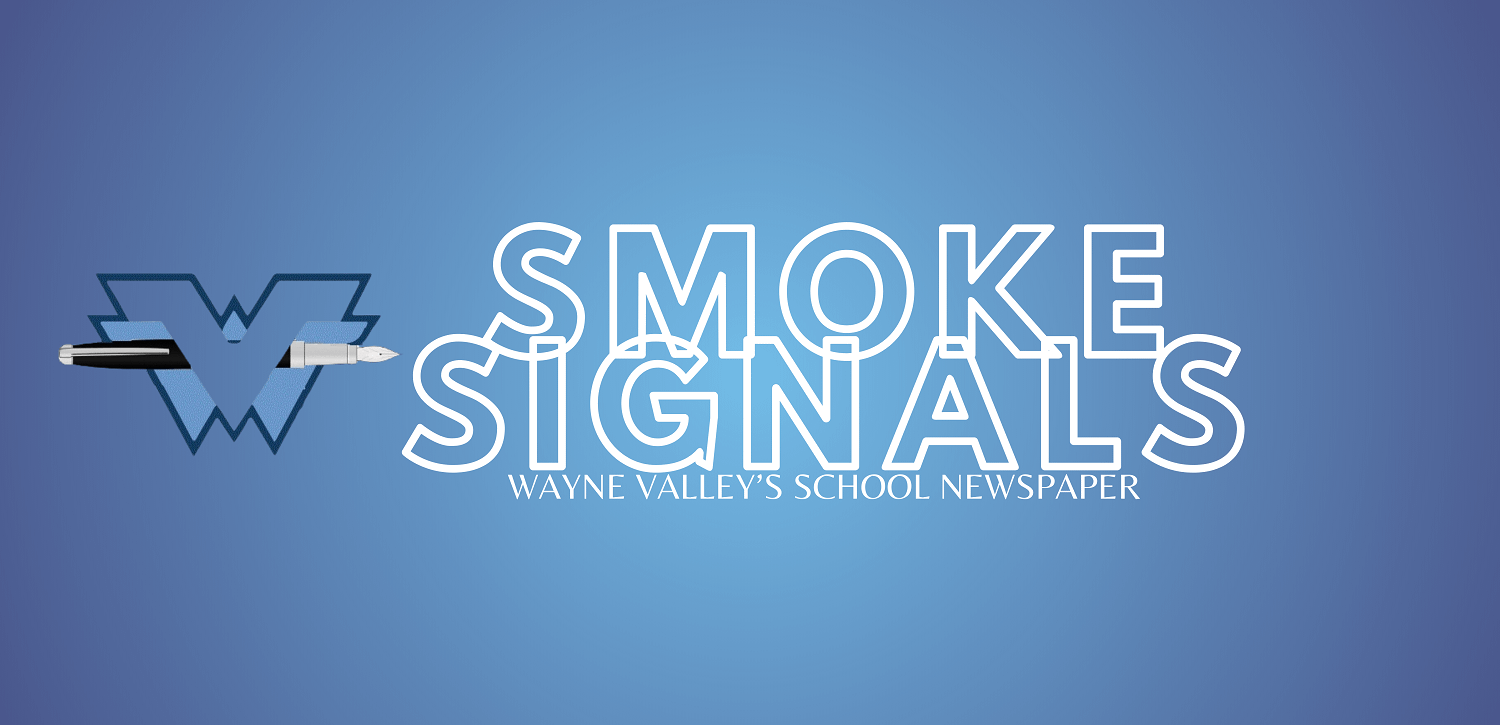Getting yourself on the college track!
For incoming juniors and seniors, the upcoming year(s) of the college process may seem daunting; that said, there is an abundance of online resources available to provide you with all of the essential information.
Because the college process is different for everyone, there are many different routes that you can take to begin—I personally started by setting goals for myself at the beginning of each school year, aiming to achieve certain grades. Each year matters, which is why it’s important to always try your best. Understandably, COVID-19 may have inhibited you from achieving your desired GPA. If your grades have suffered, or are not where you may have liked them to be, you are not alone. Regardless, your current and future grades are still significant, especially because colleges take COVID-19 into account and look for a positive upward trajectory. Throughout your time in high school, take classes that interest you, because it is there that you will best succeed.
If you hope to boost your GPA and enhance your résumé, taking weighted classes such as AP or Honors may be the right choice for you. AP (advanced placement) classes are challenging and require more effort to achieve success. You may have heard upperclassmen talking about “AP exams” which, briefly, are exams administered by the CollegeBoard at the end of the school year to test your retention of the course. These exams are scored on a scale of 1-5, and depending on the grade you achieve and the institution you attend, you can earn college credit or place out of an introductory course.
After setting personal goals, a common second step is to research and discover colleges that may pique your interest. You may or may not know what you would like to study, and that’s completely okay! For the majority of colleges, you can apply to either a specific major or as undecided. The good news: you can always change your mind, even halfway through your college education.
Creating a CollegeBoard account on the College Board website is critical. The College Board, as mentioned previously, administers AP exams, SAT exams, and provides detailed information and resources that may further help you. While many schools are test-optional at the moment, scoring well on the SAT may provide a positive boost to your application, so it is an important option to consider. The SAT is essentially the same testing format as the PSAT that Wayne Valley has administered to underclassmen, and if you choose to challenge yourself by taking it, Khan Academy and the Princeton Review offer free online practice tests. You can also research tutors in your area if you are interested in one-on-one help.
Aside from the College Board, incoming seniors (class of 2023) have all received an email from the guidance department regarding a survey on Naviance; completion of this survey will enable counselors and teachers to write your letters of recommendations. Although this form was due on June 1, it can and should still be completed late, as college recommendations are extremely important and highly considered during the admission process. To complete the survey, first log into Naviance, which you can find on the Wayne Schools website under the Students Links tab. If you do not know your Naviance username and password, you can email your guidance counselor. After logging in, click on the “About Me” tab, and under “Surveys from Your School” you will see “Student College Questionnaire.” Click on this, and begin filling out the form. After you are done, submit it. I recommend checking out the College Application Handbook if you have questions about requesting teacher recommendations, signing up for college visits, and/or searching for scholarships.
Signing up for college visits can help you identify what kind of college you hope to attend, based on considerations like the size of the campus, student life, and location. College can be pricey, especially if you go out of state, so beginning to investigate scholarships can’t hurt. There are scholarships for everyone, and it’s worth applying to as many as you can!
Finally, incoming seniors should set up a Common App account. It is through the Common App that you will actually apply to colleges. The class of 2023 college prompts will be released on August 1, and I suggest writing your college essays and supplementals as soon as possible so that you aren’t rushing. To manage your time effectively, determine if you want to apply early decision, early action, or regular decision to each school. Early decision is a binding acceptance: while it increases your chances of being accepted to a school, if you are accepted, you are required to attend that college. Early action is similar to early decision, as it can increase your chances of getting into a school; however, it is non-binding. If you apply to a school early action, your commitment deadline is the same as for regular decision: May 1. Early decision and early action applications are typically due on November 1; on the other hand, regular decision applications are typically due around January 1.
Ultimately, the early bird gets the worm! No matter which schools you choose to apply to, starting your own college process as early as possible is not only beneficial, but crucial.
She is a senior, Brooke Parker is the Social Media and Advertising editor. She has two dogs (Cannoli and Lula) and her favorite subject is history....
